
A conversation with historian Samuel Moyn on the Never Trump movement, a collection of conservative intellectuals and Republican operatives trying to consolidate the so-called political center against not just Trump but also the left.

After weathering decades of disappointment, Hong Kongers understand that there is no tomorrow waiting. The future is not guaranteed, but must be won.

Despite the outpouring of praise for essential workers during the COVID-19 pandemic, their own interests continue to come second to the broader public’s need for cheap and reliable labor.

As the 2008 financial crisis made clear, without major change at the European level, social democratic responses to the coronavirus crisis will be out of reach for many countries across the continent.
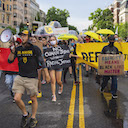
Kate and Daniel reflect on the lessons of the last few months and the prospects for ecosocialism in this decade.

The status of abortion rights and access in the United States is bleak. But a movement for universal healthcare offers the chance to give reproductive rights material, institutional force.
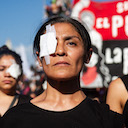
The massive protests in Chile aren’t just about the facts of inequality, but the contempt of the elite—and a democratic transition that fell short of addressing the lasting effects of the dictatorship.

Like all adjectives, “liberal” modifies and complicates the noun it precedes. It determines not who we are but how we are who we are—how we enact our ideological commitments.
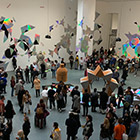
The glowing praise for the redesigned MoMA’s embrace of diversity masks deeper historical problems.

In our financialized era, policing, adjudication, and punishment have been reorganized as resource extraction operations.
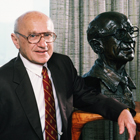
A number of recent books blame the rise of neoliberalism on economists. But the evidence suggests it is still capital that rules.

Trumpian nativism promotes whiteness as the basis for solidarity. Our response must demonstrate how freedom for one depends on freedom for all.
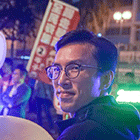
An interview with Avery Ng, chairman of the League of Social Democrats in Hong Kong.

The antimonopoly tradition once contributed to mobilization, coalition building, and sustained reform across the liberal-left spectrum, and it might do so again today.

Tech-oriented solutions to rural poverty and underdevelopment have become hallmarks of Democratic Party policy thinking. We need an alternative that redistributes the wealth generated by the high-tech sector—and recognizes its limits as a development strategy.






















